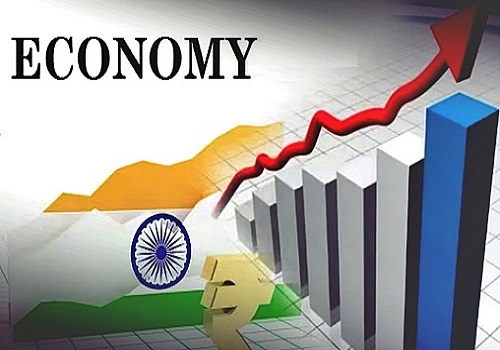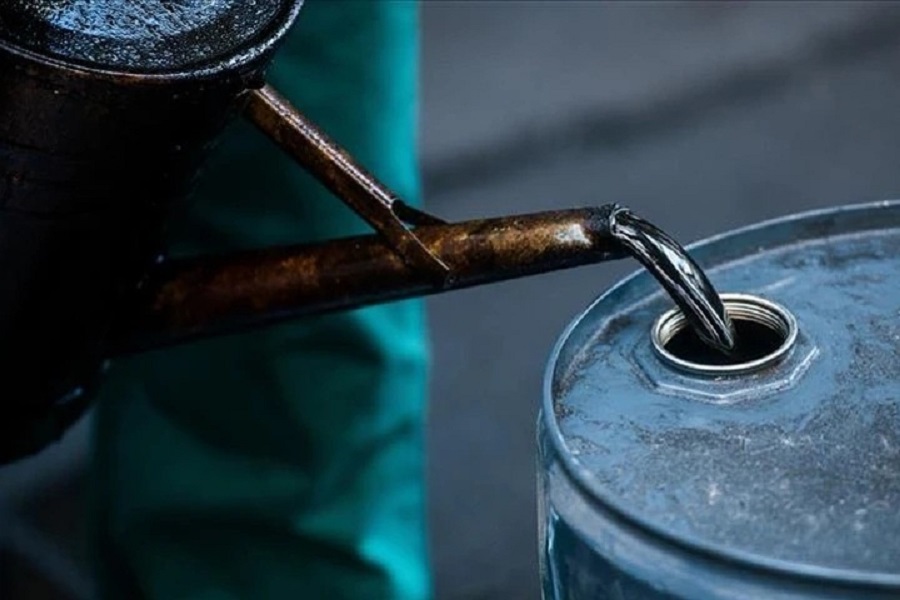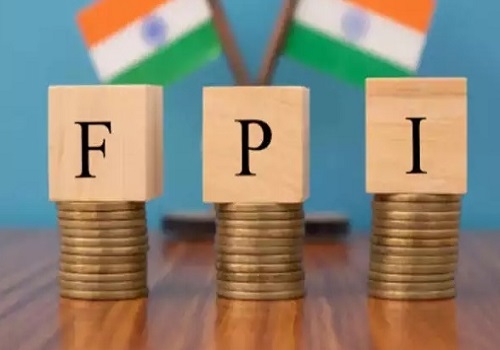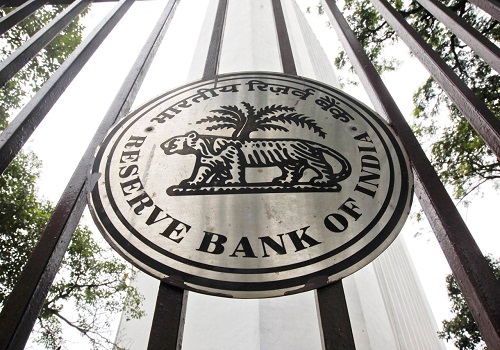Indian lender Yes Bank`s capital raise welcome, but challenges remain - analysts
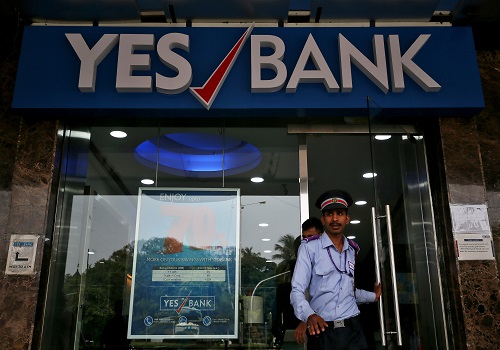
Indian private lender Yes Bank's $1.1 billion capital raise will help strengthen its balance sheet and provide it with growth capital, but it may not be an easy road ahead for the bank as the focus shifts to accelerating growth, say analysts.
On Friday Yes Bank announced that it is selling up to a 10% stake to U.S. private equity firms Carlyle Group Inc and Advent International for $1.1 billion.
Buoyed by the news, the stock hit its highest in nearly four months in early trade on Monday.
"It was critical for the bank to bring in credible, long-term equity partners, which they have achieved, and the market is cheering the news," said Asutosh K Mishra, analyst at domestic brokerage house Ashika Stock Broking.
The company also recently selected an asset reconstruction firm belonging to private equity firm JC Flowers as the base bidder for the sale of bad loans worth 480 billion rupees ($6.08 billion), which will help it clean its balance sheet.
However, challenges remain for the bank, analysts said.
"The next focus for the bank will need to shift to accelerating growth, and it may take them at least 1-2 years more to get back its business in order that it can become a private lender of meaningful size, like earlier," Mishra said.
In March 2020 there was a serious deterioration in the financial position of Yes Bank, then India's fifth largest private lender, sparking contagion risk in the banking system.
The country's largest lender State Bank of India, along with a clutch of other private lenders, had to step in to rescue the bank.
Yes Bank may receive a rating upgrade now that its financial health has improved with the capital raise, but it will need to focus on keeping its bad loans in check and accelerating growth, ICICI Securities said in a report.
The capital raise will suppress return on equity for the bank, while return on assets, another key profitability metric, is unlikely to cross double digits in the next three years on a full-year basis, Macquarie said in a note on Monday.
"This means a double-digit ROE could happen only beyond FY25E, and that is too far looking into the future," the Macquarie report said.
($1 = 78.9760 Indian rupees)


